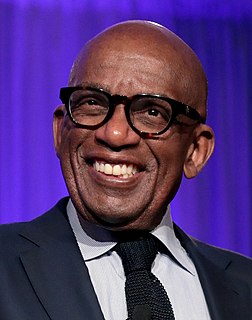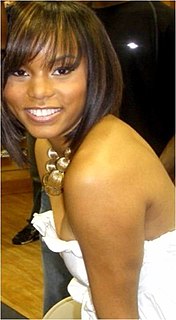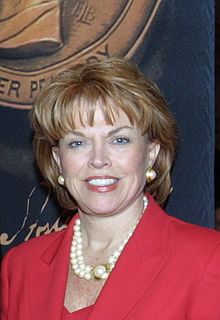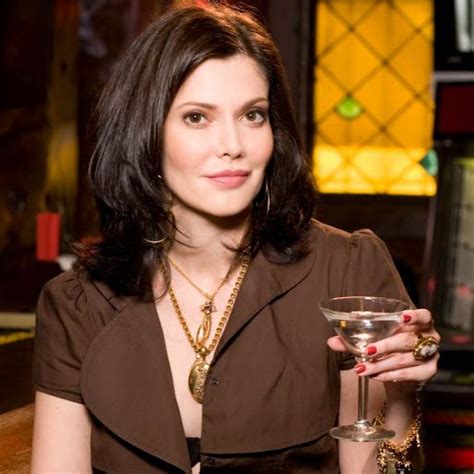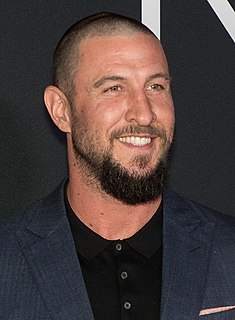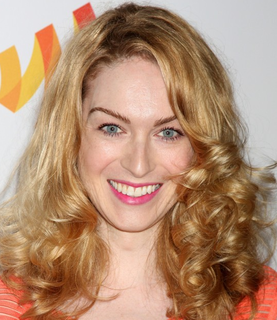A Quote by Doug Stanhope
You say you hate children and people always say the same thing; it would be different if it was your own child. Well what if it wasn't?
Related Quotes
I see some artists who disown songs they love when they don't chart well. Would you do that to your children? Trust me, children ain't gonna do all the right things, so are you gonna disown them or embrace them and say, 'No, you're still my child. You didn't go out and do the right thing, but I'll still love you in the same way?'
Make up your mind to this. If you are different, you are isolated, not only from people of your own age but from those of your parents' generation and from your children's generation too. They'll never understand you and they'll be shocked no matter what you do. But your grandparents would probably be proud of you and say: 'Theres a chip off the old block,' and your grandchildren will sigh enviously and say: 'What an old rip Grandma must have been!' and they'll try to be like you.
In my opinion, the most important thing as a woman leader-and I learned this early through a whole bunch of great women who were in my life (and men, I have to say)-is that if you have a position of leadership and power and you don't use it in a different way, then you're wasting it. So when people used to say to me when I was the first woman president of PBS, "Well, you know, does that mean that as a woman you're going to be a different kind of president?" And I would say, "Well, I hope so!"
In any film business, if you're trying to get your next film made, you would never say, 'Oh, my last film was a cult film.' I'd say, 'Oh, great, well I hope this one isn't!' I always say to Johnny Knoxville, 'How do you do it? You sort of do the same thing we did, except you made millions, and I made hundreds.'
Until you have a child, it's very tempting to look at the state of the world and say, "To hell with it, in 50 years I won't be around anyway." But if you have a child you don't say that, because even if you're not around in 50 years, your children presumably will be, and maybe even their children. You think of yourself as responsible to future generations in a whole different way.
The thing that amazes me about getting fired is that nobody ever has anything insightful to say about it. They always say the same thing. They always say, 'Everything happens for a reason.' As lame as that sounds, I guess it’s better to hear it out loud. Because when you hear it in your own head, it sounds like, 'Anything can happen with a razor.
I would hate to say as a non-African-American person that it would be wrong for a black person to direct white people in a movie. Wouldn't that be awful of me to say that? The only sympathizing thing I might say for people that want to [grumble] is that a filmmaker should have an understanding for the place where the people you're portraying are coming from.
People don't stop me on the street and throw things at me. But I'm aware of what that dynamic is, so whenever people react strongly to a character and say that they hate me, I take it as a job well done. And for most people, there's a sense of removal. Most people are not saying, "Oh, my god, I hate you!" Most people that have reactions say, "I love to hate your character."
Who's to say what's better or worse anyway? Who's to even say what's normal or average? We're all different people and we're allowed to be different from on another. If someone ever says you're weird, say thank you. And then curtsy. No, don't curtsy. That might be too weird. Bow. And tip your imaginary hate. That'll show them.
People are constantly telling me, whether they are friends who feel sorry for me, because I can't find a place to live, or real estate agents, "You can't afford an apartment the size you need with this many books. Why don't you just put some of your books in storage?" And I always say the same thing: "What if I told you I had four children? Would you say, 'You just can't afford to house four children. Why don't you just put two of them in storage?'" That's how I feel.
I think what people need to realize is that, with trans people, we're like everybody else. No group of people are all the same. All women are not the same, all men are not the same, all children are not the same. It's the same thing with trans people - we're all so different, we have different goals, different dreams, and different aspirations.



